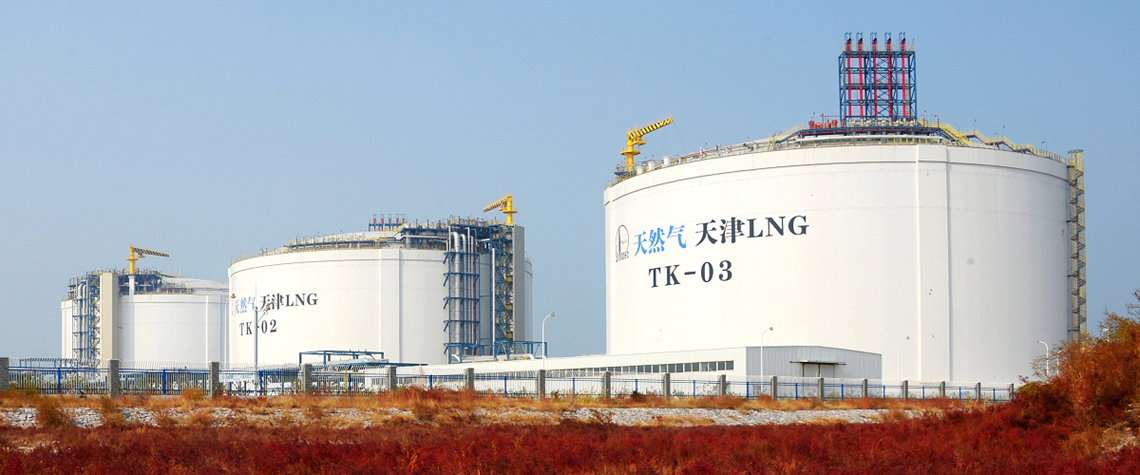Energy transition fears drive short-term focus
The world will still need oil and gas for the foreseeable future. But concerns over how much and for how long are stifling investment
Peak oil used to be a term relevant to the supply side. That it is now applicable on the demand side instead is testament to two of the energy industry's biggest game-changers of the past decade—the US shale oil boom and the emergence of renewables as an affordable, scalable future source. The pace of the so-called energy transition to a low or zero carbon emissions future is highly uncertain. At Petroleum Economist's GCC Strategy Forum in February, Andy Brogan, global oil and gas transaction advisory services leader at consultancy EY, illustrated six different forecasts for oil demand out to 2040, from ExxonMobil, Opec and two each from BP and the International Energy Agency (IEA). The 2040

Also in this section
18 February 2026
With Texas LNG approaching financial close, Alaska LNG advancing towards a phased buildout and Magnolia LNG positioned for future optionality, Glenfarne CEO Brendan Duval says the coming year will demonstrate how the company’s more focused, owner-operator approach is reshaping LNG infrastructure development in the North America
18 February 2026
The global gas industry is no longer on the backfoot, hesitantly justifying the value of its product, but has greater confidence in gas remaining a core part of the global energy mix for decades
18 February 2026
With marketable supply unlikely to grow significantly and limited scope for pipeline imports, Brazil is expected to continue relying on LNG to cover supply shortfalls, Ieda Gomes, senior adviser of Brazilian thinktank FGV Energia,
tells Petroleum Economist
17 February 2026
The 25th WPC Energy Congress, taking place in Riyadh, Saudi Arabia from 26–30 April 2026, will bring together leaders from the political, industrial, financial and technology sectors under the unifying theme “Pathways to an Energy Future for All”







